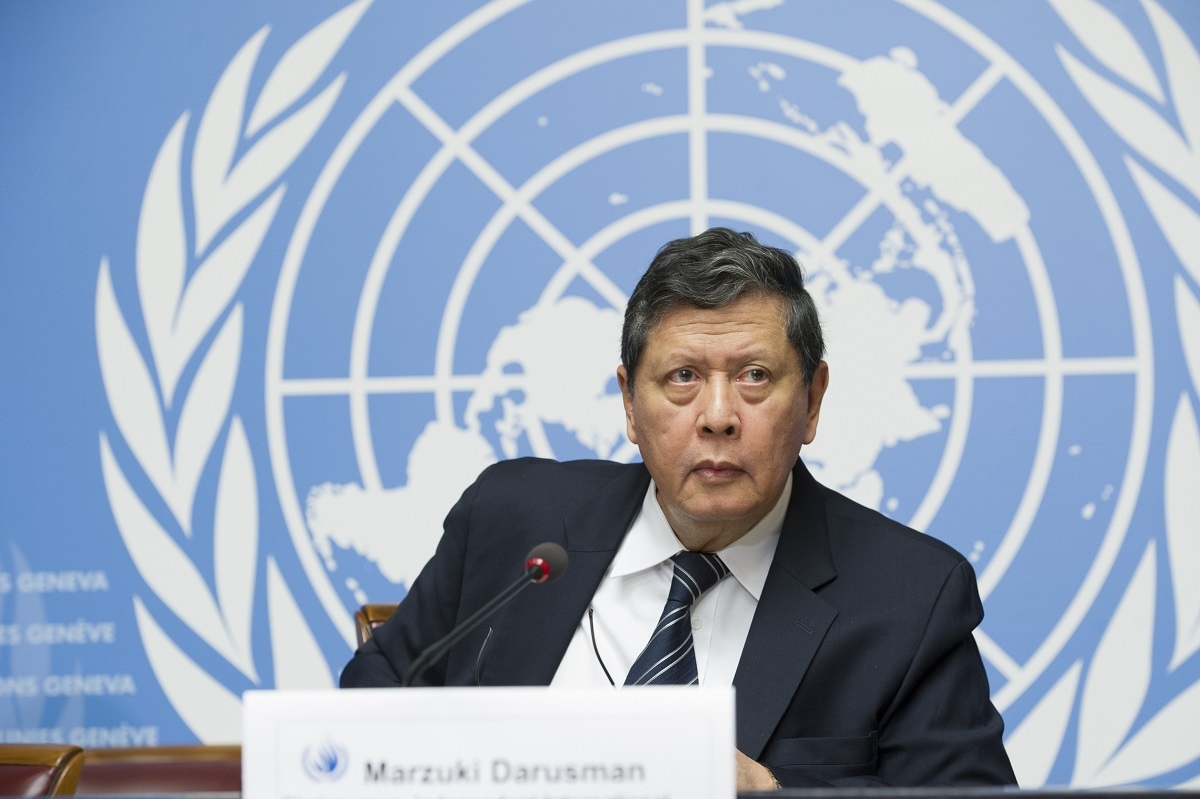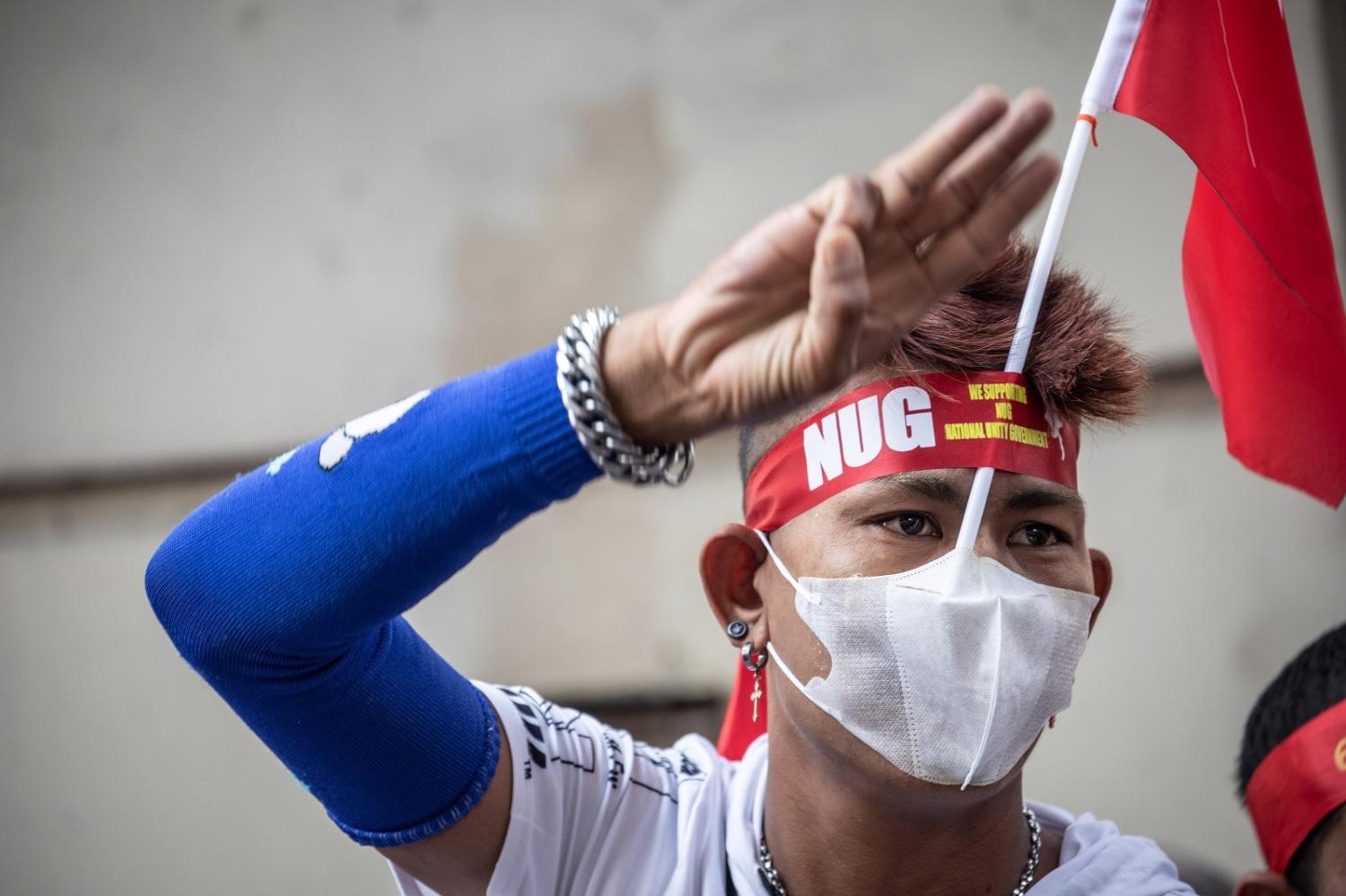Since the military coup in February 2022, the people of Myanmar have been subjected to unrelenting violence including indiscriminate airstrikes, mass burning of villages, arbitrary arrests, killings, torture and forced disappearances, among other egregious human rights violations.
Reflecting the gravity of the crisis, the Association of Southeast Asian Nations (ASEAN) has made an unprecedented divergence from its founding principle of non-interference. In April 2021, ASEAN leaders negotiated a Five-Point Consensus on Myanmar, committing among other things to a cessation of violence and the commencement of “constructive dialogue”. In November 2022, ASEAN acknowledged that “little progress [had been] achieved”. ASEAN resolved that there was a “need for an implementation plan”, and called for support from ASEAN’s “external partners”.
ASEAN’s engagement in the Myanmar crisis thus far is due to the leadership of Indonesia and Malaysia, at times supported by Singapore and the Philippines. Other ASEAN states are more loath to intervene. Singapore’s foreign minister recently stated that “disapprov[al] of the coup … does not give ASEAN a licence to interfere”. With this in mind, if ASEAN has one chance at a political solution to the Myanmar crisis, it is with Indonesia as ASEAN Chair in 2023.
Indonesia has said that ASEAN “must deal” with the crisis in Myanmar, and that as ASEAN Chair it will “spare no effort” to encourage an “inclusive national dialogue”. Bearing in mind ASEAN’s internal constraints and divisions, however, Indonesia faces an uphill battle. As former Indonesian Attorney General Marzuki Darusman observed recently, “much is expected from ASEAN, and therein lies the problem”. Darusman has advised that “if there is going to be any change in Myanmar, it will need to come from outside”. This is reflected in ASEAN’s unusual request in November 2022 for external support.
Australia has a critical role to play in this context. Australia is one of ASEAN and Indonesia’s most important supporters. It has a comprehensive strategic partnership with Indonesia, enshrining a commitment to work together to resolve regional challenges. Australia has explicitly expressed support for the role of the ASEAN Chair in addressing the Myanmar crisis.

The situation in Myanmar tests this cooperation. As a member of the ASEAN family, Indonesia is subject to constraints that Australia is not. From outside the ASEAN family, Australia can lend critical support for Indonesia in its ambition for a political dialogue on Myanmar. There are three steps, in particular, that Australia can take.
The first concerns the setting of the ground for negotiations. As Darusman has stated, this requires a “level playing field” – one on which all political stakeholders, including Myanmar’s National Unity Government (NUG), are recognised and accorded equal footing. Assuming the negotiations are to be ASEAN-led, this requires ASEAN and all other major players to recognise the NUG as legitimately representing the aspirations of the people of Myanmar.
As one of ASEAN’s most important partners, Australia can help the NUG along the road to international recognition. Australia has said it is “open to engagement with the NUG”, but has stopped short of making an explicit statement of recognition or publicly engaging with high-level NUG officials. The European Parliament, by contrast, has formally recognised the NUG. In light of its explicit support for Indonesia’s ambitions as ASEAN Chair, Australia should be at the forefront of coordinated international efforts to boost the NUG’s legitimacy, not lagging behind.
Second, even with a stage set for dialogue, the Myanmar military junta will likely need to be coerced to the negotiating table. Already, the situation is opportune – the junta is losing ground, and the democratic resistance movement is consolidating – but further pressure is required. It is often remarked that the junta is impervious to international isolation, but with access to hundreds of millions of dollars in revenue from oil and gas alone, this has scarcely been put to the test.
Australia currently sanctions just two entities that benefit the junta. Canada, by way of contrast, sanctions 63, the European Union sanctions 18, the United Kingdom sanctions 28 and the United States sanctions 32.
The UN Special Rapporteur on human rights in Myanmar has called on states to “form a working group of governments to develop and implement a coordinated strategy” to deny the junta access to weapons and resources. Australia should be leading this initiative – sanctioning companies that supply fuel and parts to Myanmar’s air force, arms to the junta, and goods to state-owned enterprises in the minerals and energy sectors, and lobbying other states to do the same – with a view of ultimately forcing the junta to ASEAN’s negotiating table.
Finally, recalling ASEAN’s request for external support, Australia could work behind the scenes to urge the United Nations to step up support for ASEAN-led mediation – just as the United Nations has supported regionally led mediation in other parts of the world. Such support could be prompted by a request from ASEAN to the Secretary-General, or alternatively by a Security Council resolution requesting the Secretary-General provide his “good offices”, and strengthening the mandate of his Special Envoy on Myanmar.
Australia likes to say it punches above its weight in global affairs. It has a proud history of peacekeeping and diplomacy in the Indo-Pacific. The political crisis in Myanmar presents an opportunity and an imperative for Australia to demonstrate its diplomatic prowess, and it should not be lost.

